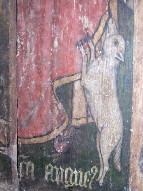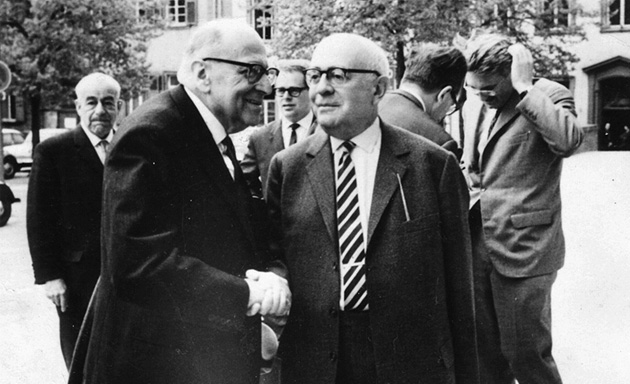
Sophisticated history neither comforts readers nor seeks to arouse their righteous indignation. That these men were, in Jefferson's words, "nursed, educated, and daily exercised in tyranny" may or may not mean they were evil (a question really beyond the purview of the historian), but it certainly means that their psychology and outlook were in essential ways deeply alien to our own. Patrick Henry, George Washington, James Madison, Thomas Jefferson, John Marshall, James Monroe, Henry Clay, and Andrew Jackson subscribed to a system built on unlimited violence and were willing to order that men and women be beaten or maimed to ensure that they served their masters' will. Either they apply twenty-first-century standards and castigate the slave-owning Founders as racists and hypocrites, or-worse-they see those Founders as modern liberals who just happened to own slaves. Readers and popular authors usually adopt one of two opposite but erroneous postures. Take the issue of the Founders and slavery.

But a still greater problem with reflexively approaching history in terms of the present is that it often leads to praising or condemning the past rather than comprehending it. To me, their protagonists come off as guys in powdered wigs. Their grasp of its religion, attitudes, mores, manners, and intellectual climate is unsure, and they lack command of the ideological, political, sectional, and social differences that divided the early republic. Too many authors of recent popular works about the Founders, for instance, are obviously not at home in the eighteenth century. The main reason for this is discomfort with the foreignness of the past among both the producers and the consumers of history books. History and historical biography have never been more popular, but many of the titles that appeal to educated general readers lack complexity and intellectual verve. Hartley's observation with annoying frequency, hoping that it will serve as an injunction to writers and a reminder to readers.


"The past is a foreign country: they do things differently there." When reviewing history books I find myself quoting L.


 0 kommentar(er)
0 kommentar(er)
